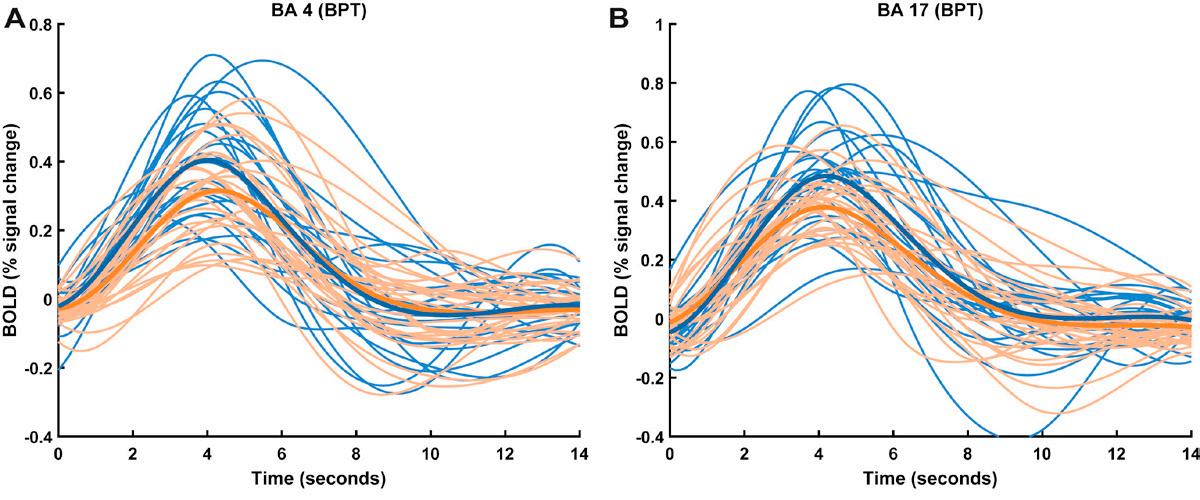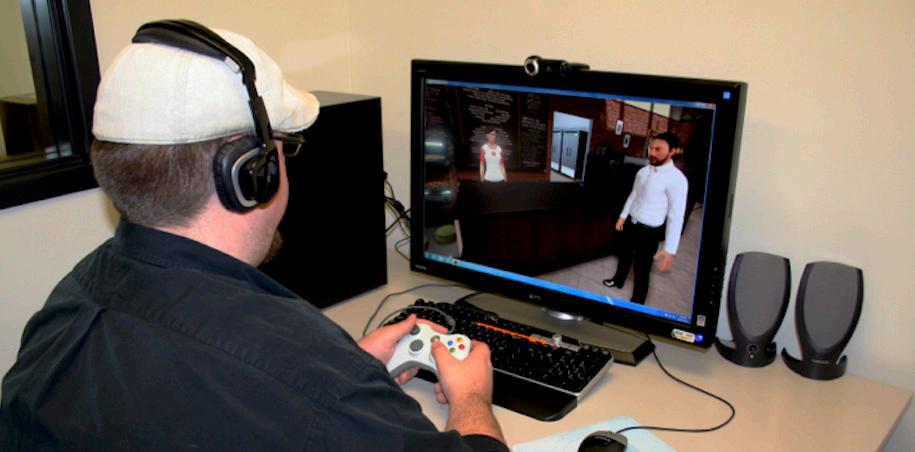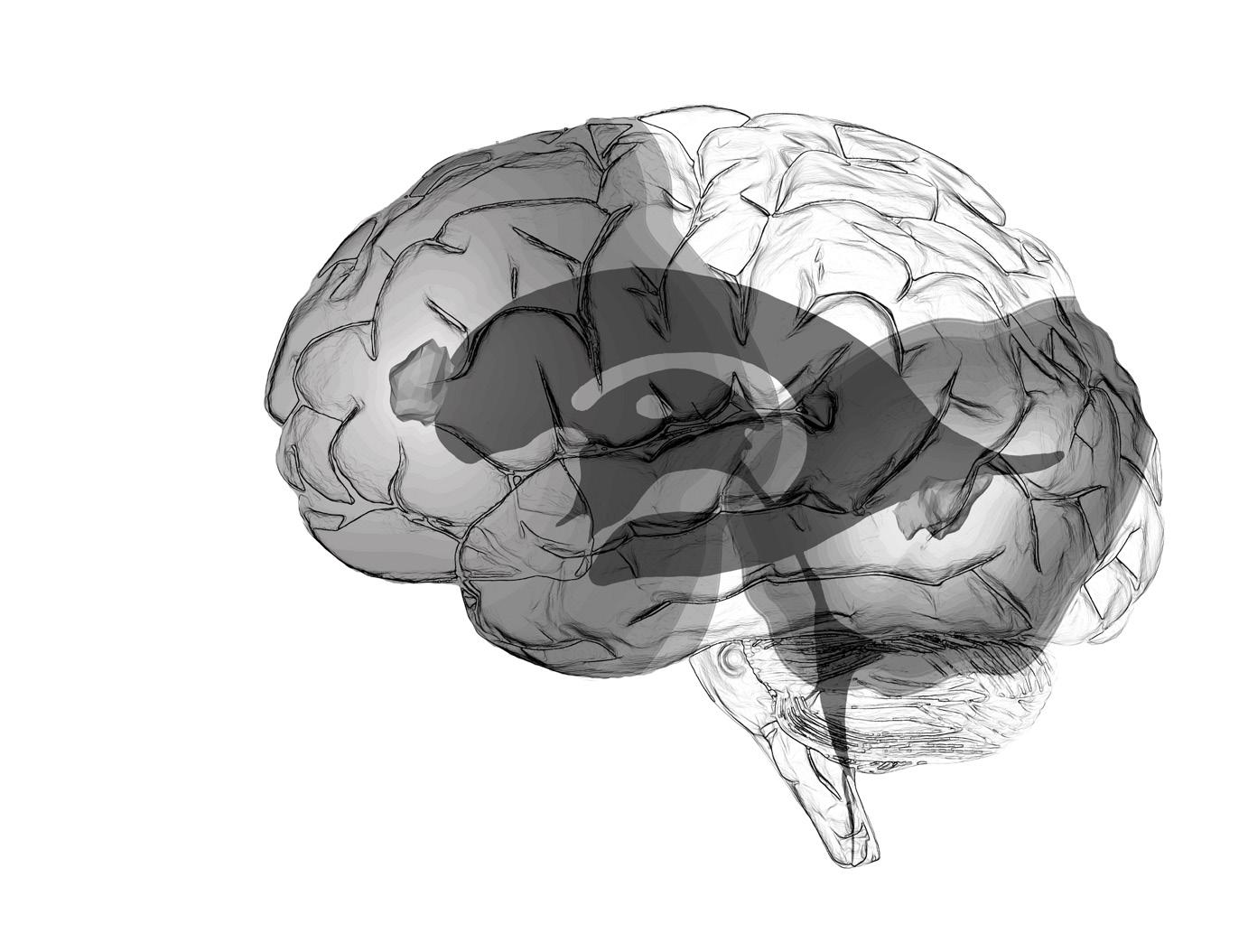
2 minute read
Autism Intervention Study Shows Brain and Social Change
from Newsletter Q1 2018
by BrainHealth
Pilot study findings published in Autism Research from Center for BrainHealth, in collaboration with co-leading authors at George Washington University and Yale, have demonstrated that a clinician-driven virtual learning platform, tailored to young adults on the autism spectrum, improved social competency. Findings reveal that increases in socio-emotional and socio-cognitive abilities correlate with brain change. Results included increased activation in the brain’s socio-cognition hub with gains linked to improvement on an empathy measure.
The present findings are among the first to demonstrate neural changes that are associated with significant behavioral gains in young adults with highfunctioning autism.
Advertisement
The social cognition virtual reality training, now available under the name CharismaTM through the Center for BrainHealth’s Brain Performance Institute, demonstrated that study participants with autism shifted their attention from non-social information – a behavior commonly displayed in autism – to social information, a skill that is meaningful to social exchanges.

“Brain change is a big deal in adults with autism. Many people implicitly believe that brain changes are unlikely for adults
This study identified three significant brain-behavior changes:

Theory Of Mind
Theory of mind, or the ability to realize the intention of others, is often lacking in individuals with autism. After the intervention, the part of the brain associated with socio-cognitive processing showed an increased activation of social stimuli compared to non-social stimuli.
social - emotional processing
with autism, which might affect how they interact with those adults. This study challenges that very notion and has profound implications in the way people would view, interact and treat adults with autism,” said Daniel Yang, PhD, assistant research professor at George Washington University.
The brain area responsible for socioemotional processing showed individual gains in emotion recognition, with decreased activation to social versus non-social stimuli. Thus, those that showed increased recognition of emotions paid more attention to social stimuli than non-social stimuli.
Attention To Social Stimuli
The part of the brain for visual attention showed significantly decreased activation to non-social versus social stimuli across all participants.
The legacy of businessman and former Dallas Mayor Robert Folsom continues today through his family’s generous commitment to the community, and to a very personal cause.
“Soon after my father was diagnosed with Alzheimer’s disease, I heard Dr. Chapman speak and decided to take my dad to the Center,” said Diane Folsom Frank. “Since then, my brother, sister and I have been extremely involved.”
The family’s support includes a capital gift, funding a training room at the new Brain Performance Institute. It is a space in which brain health can touch the community through the Discovery Group – a program for people recently diagnosed with dementia and support for family members, friends and caregivers.
“I was so impressed with the brain health classes, and what they’re doing for our service members. It’s important to work for both individual health and the
Moozie Foundation
health of our country,” said Ms. Frank. “Learning what’s going on makes you even more willing to help.” She says her family is optimistic the work at the Center will add substantially to knowledge and advancement of brain health.
Speaking on behalf of her siblings, Debbie Jarma and Steve Folsom, Ms. Frank talked about the relationship between donors and the science they support. “There is a genuine excitement in partnering in an area of science that constantly produces new insights,” she said. “Then getting to see the application of the research in training and healing is wonderful.”
Hoping that someday no family will have to face the pain and challenges associated with watching a loved one struggle with Alzheimer’s disease, the family remains committed to furthering their father’s generous legacy. “We love the Center and will continue to support it,” Ms. Frank said. “It’s so important to us.”








